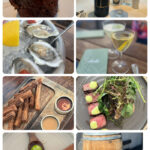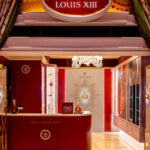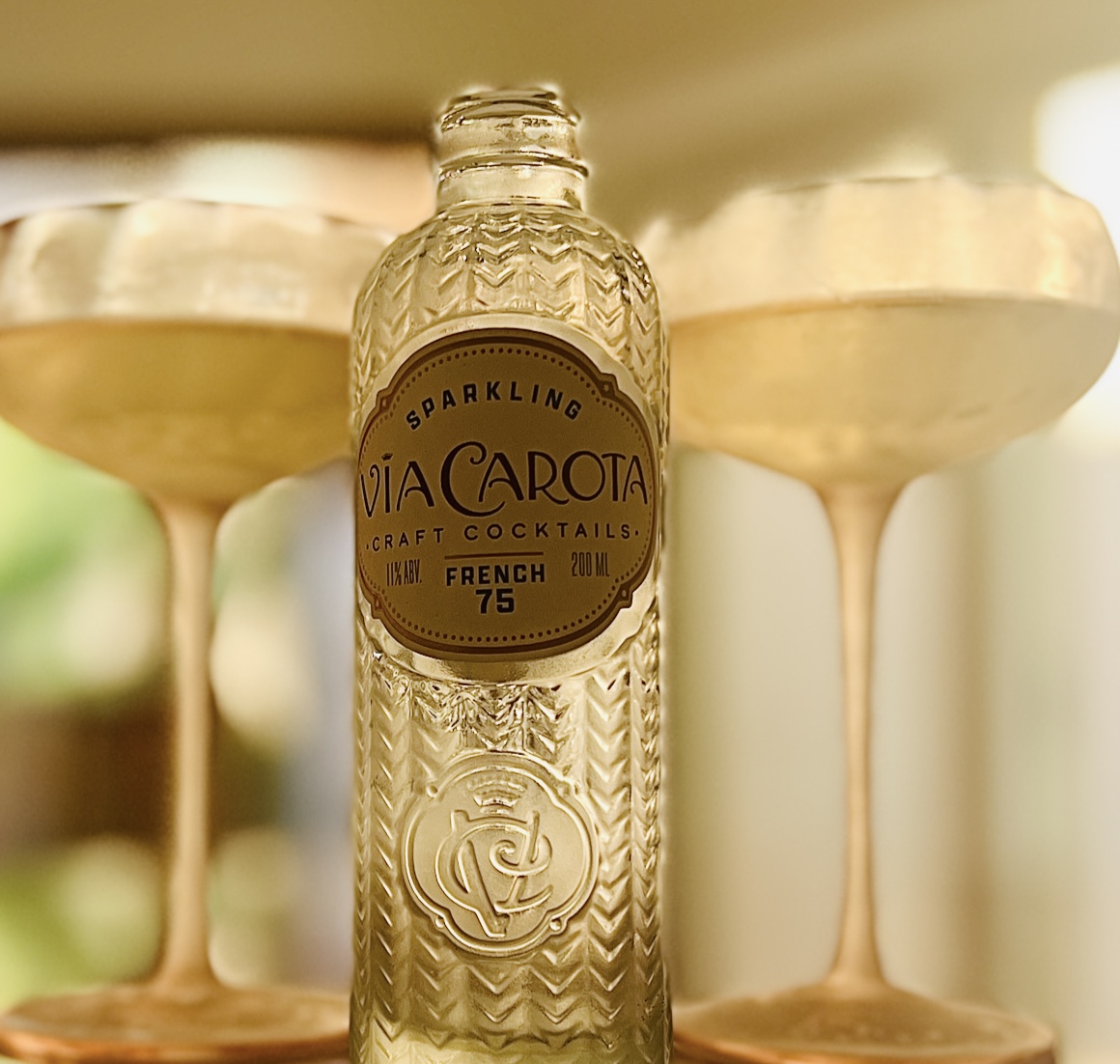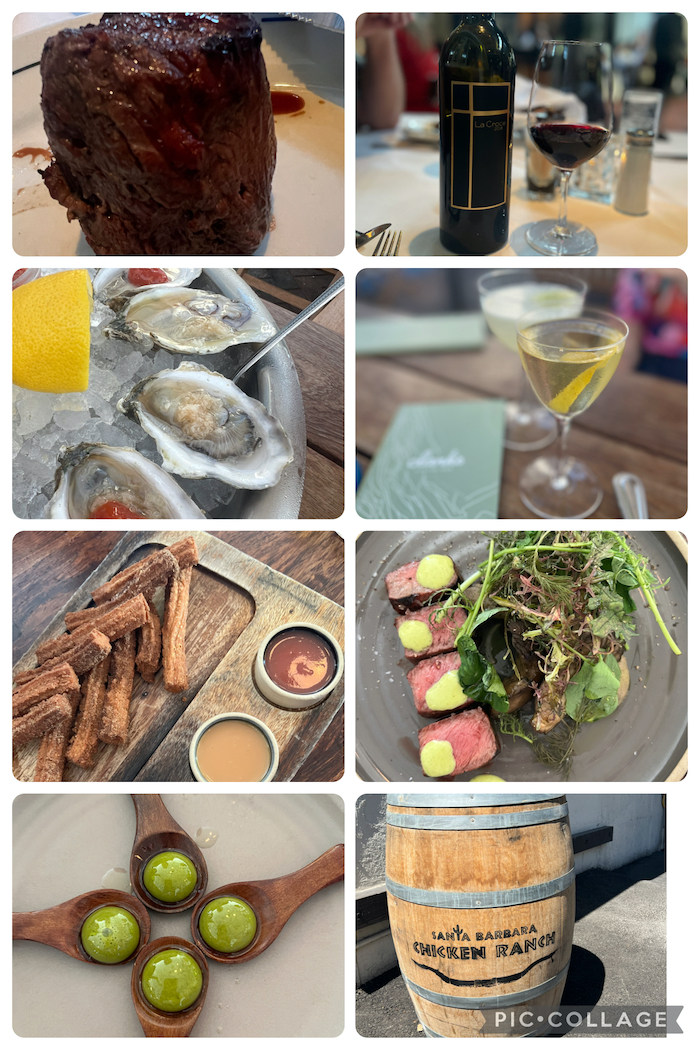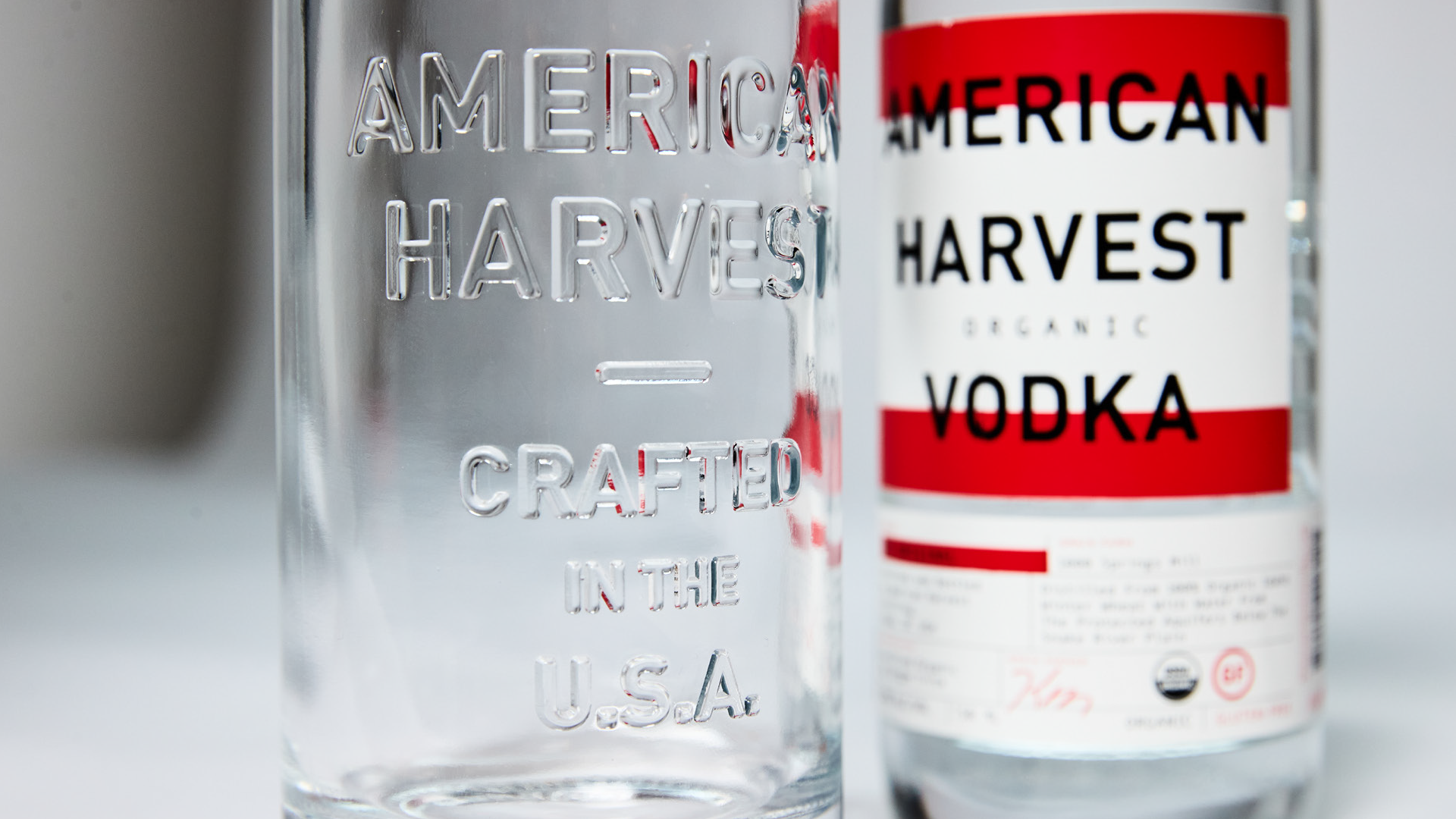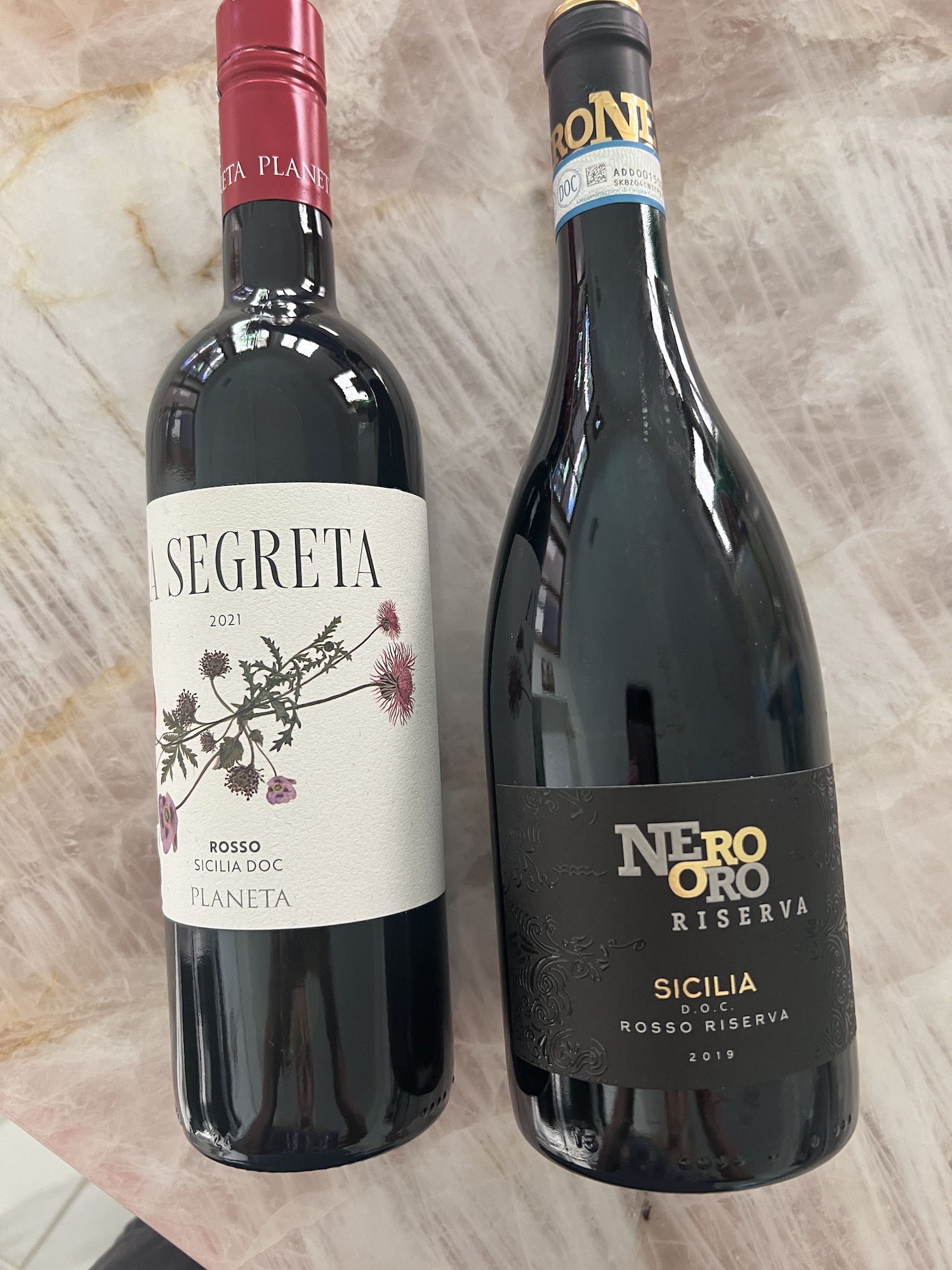Recently on social media the subject of wine tasting notes being provided – unasked for but with respect by a winery representative – and not being necessary. My exact words were, “It seems predictable and memorized. Also, if I’m there with an appointment to write about their wines why give me their tasting notes?” (If you are a winery representative, scroll to the bottom of this article.)
It’s always been a pet peeve of mine to be handed a list of tasting notes or have the winery representative go into what they find in a wine. Wine tasting notes are so subjective. Of course, if we are discussing the wine and the aromas or flavors we are discovering, that is a little more acceptable as it’s two-sided, not one.
If the winery guest is new to wine tasting, and the winery representative has already discerned this through one on one discussion, then sharing some ideas on the wine’s characteristics is good. But even a beginner should be prompted to trust their own opinions, maybe with some education if asked for.
From this thought of mine a discussion on social media ensued, some of which I’ve shared above already, and the reason for this week’s article.
Notes from social media
From a winemaker:
I truly despise tasting notes – I know they are generally used for 2 purposes – first and foremost to sell wine by ‘leading the witness’; and two, the fact that so many are still intimidated’ by wine and worried that they will say the ‘wrong’ thing.
To which I responded with, “I just feel there should be a conversation between the representative and the guest – before the tasting begins – to find out more about the guest and what they are looking for. So, if it’s a beginner or advanced taster, the rep adjusts to fit the need. Should be that way in any sales position IMHO.”
Which elicited another reply from a friend, “Eve, 100% agree! Know your audience, first & foremost.”
From others:
I prefer to “experience” the wine and getting information about it after initially sampling. Don’t hit me right off with a bunch of tasting notes. I don’t need a dog and pony show. I collect data, learning.
Everyone’s tastes are different though there can be certain flavors and aromas that often appear. Perceptions of what is there are personal. Maybe you can pick up this or that. The next person perhaps something different or similar.
Conclusions
Going back to what my winemaker friend said. Yes, it’s a sales pitch, and yes, it’s to instruct what a representative may assume is a guest who needs education. However, I stick to what I said earlier: get to know the guest, what their level of education and interest is, then respond in kind. Even someone new to wine tasting is not new to a sales pitch. So, my conclusion is to only provide tasting notes when the guest appears to be curious and interested in them.
Note: Sometimes wine tasting notes are handed to me automatically with the tasting. In these cases, it’s the winery that has made the choice to provide them. When this happens to me, I do my very best not to look at the notes. I make my own, then I go back and look at theirs to see where we may have agreed. One remarkable time I made a note that the particular wine would be great with a meat lovers pizza…and guess what? That was exactly the pairing that the winemaker suggested! (And I felt somewhat vindicated in my way of handling the situation.)
Second note: To our winery representatives, I respect the earnest work that is done in the winery and tasting room. There is no intentional fault, in my opinion, in providing tasting notes to your guests. I’m only suggesting that there are other ways to communicate to avoid the perception of over-selling and/or elevated knowledge and insult. I only wish to show the other side of the coin, per se, and improve the tasting experience for everyone.
Eve Bushman has a Level Two Intermediate Certification from the Wine and Spirits Education Trust (WSET), a “certification in the first globally-recognized course” as an American Wine Specialist ® from the North American Sommelier Association (NASA), Level 1 Sake Award from WSET, was the subject of a 60-minute Wine Immersion video (over 16k views), authored “Wine Etiquette for Everyone” and has served as a judge for the Proof Awards, Cellarmasters, LA Wine Competition, Long Beach Grand Cru and the Global Wine Awards. You can email Eve@EveWine101.com to ask a question about wine or spirits.



